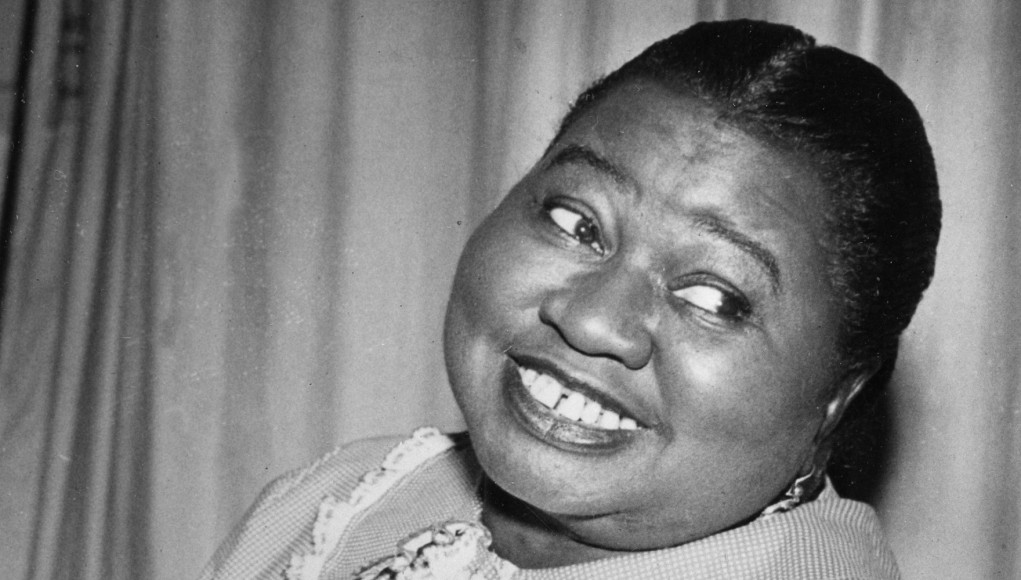The Academy Awards have had a very touchy relationship with African Americans throughout its illustrious history. When the first black Oscar winner Hattie McDaniel received her statuette, she was likely the only black person in the hotel banquet room that night not employed by the hotel. This also extends to who the Academy chooses to honor. In 1985, the Steven Spielberg-directed adaptation of Alice Walker’s Pulitzer Prize-winning novel ‘The Color Purple’ received 11 nominations, yet somehow went winless that night.
It is because of these and other reasons that I don’t expect validation from the Academy when it comes to black achievement. But, still, I was pretty excited by the time nominations were doled out recently because there were plenty of excellent performances from people of color to choose from this past year. I was sure at least one of them were going to be recognized by the Academy. But, alas, out of the 20 acting nominations, not one of them was for a person of color. This has spurred major backlash from the black activist community, and, alternately, has spurred major overreactions from those who feel threatened by blacks demanding they get equal consideration.
Another layer to this story emerged when Jada Pinkett-Smith posted a video saying she planned to boycott the Academy Awards because how these nominations showcase just how little the Oscars care about valuing the achievements of people of color. Spike Lee, a recipient of this year’s lifetime achievement Oscar, soon followed suit and also planned to boycott the ceremony. All of this boycotting compelled many to try to convince this year’s host, comedian Chris Rock, to boycott the Oscars.
I get the idea behind this, but in all honesty Rock would be out of his mind to boycott hosting the Oscars this year. As evidenced by the news that he completely retooled his opening monologue once the controversy began, all signs point to Rock stirring the pot to a fever pitch come Oscar night.
Boycotting the Academy Awards will have the opposite effect of what people want to eventually happen. It would be so much more effective to attend the Oscars than it would be to boycott. Look at what Eddie Murphy did in 1988 (video below) when he was asked to present the award for Best Picture. He used his platform to air grievances for a great number of blacks in a moment that still to this day is frequently mentioned and holds relevance. Having stars not go will not interrupt the ceremony. As is said, all over the entertainment business, the show must go on.
This fact renders the boycott effectively useless, especially considering that even a writers’ guild strike could not stop the Academy Awards from taking place. That writers strike occurred during the same Oscars in which Murphy gave his speech. Imagine if Murphy boycotted the Oscars in solidarity with the writers. He would not have gotten to say what he said on that stage and would have made effectively no impact on the course of Academy Award history.
As Mrs. Pinkett-Smith has previously stated, our contributions do hold a lot of weight in this industry and in the larger American culture. The best way to showcase this though is not to skip out on Oscar night. The way to do this is to make our presence known, and say our truth on the industry’s biggest night. This lets them know that we collectively will not stand for being typecast and shoved to the wayside when it comes to our achievements.
The most successful boycotts hit the pockets of those they are trying to target, which in turn spurs action. Examples of this working very effectively include the Montgomery bus boycotts of the mid-1950s and very recently the boycott of the University of Missouri football team in support of a hunger striking student. The results of this boycott will not be the same because there is little to no money at stake. We all want to be recognized for our achievements. But boycotting only featuring the disappearance of some of our most valued black stars at the Oscars just isn’t gonna cut it, and therefore should not happen.




























